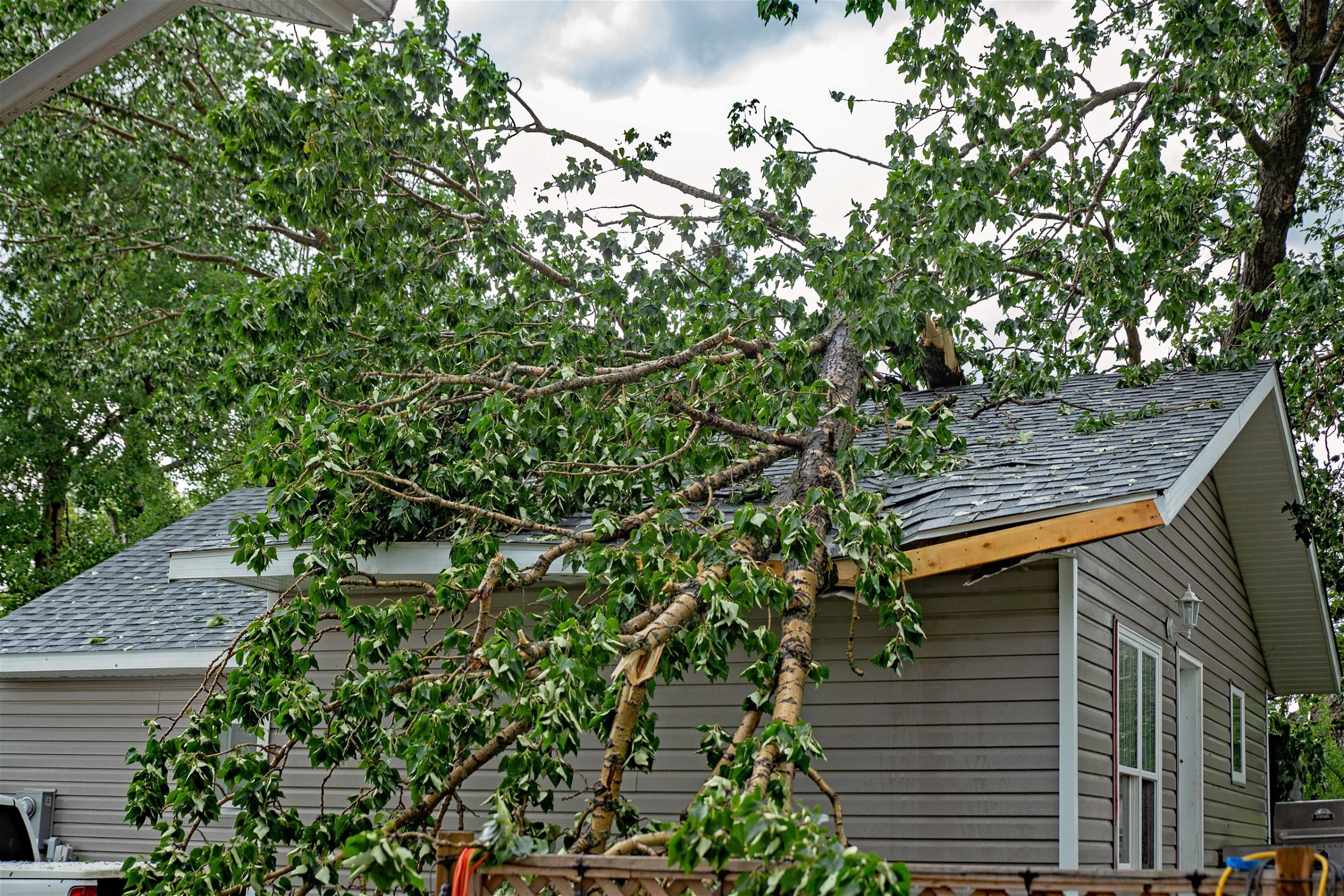When the fury of Mother Nature strikes in the form of a powerful storm, your home is at risk of sustaining significant damage. From fierce winds and torrential rain to hailstorms and lightning strikes, the aftermath can be devastating. Thankfully, homeowners’ insurance can serve as a financial lifeline, providing coverage and peace of mind during these challenging times. In this blog post, we’ll explore the importance of homeowners insurance in protecting your property against storm damage and how it can help you recover and rebuild when nature unleashes its wrath.
Understanding Storm Damage Coverage: Homeowners insurance typically includes coverage for storm-related damages, such as wind damage, hail damage, and damage caused by fallen trees or lightning strikes. It’s essential to review your policy to understand the specific coverage limits and exclusions related to storm damage. Some policies may have separate deductibles for specific perils, so familiarize yourself with the details to ensure you have adequate protection.
Repairing Wind and Hail Damage: Powerful winds and hail can wreak havoc on your home’s exterior, causing roof damage, broken windows, and dented siding. With homeowners’ insurance, you can file a claim to cover the costs of repairing or replacing damaged structures. It’s crucial to document the damage with photographs and make temporary repairs to prevent further deterioration. Contact your insurance provider as soon as possible to initiate the claims process and seek guidance on the necessary steps.
Dealing with Water Damage: Storms often bring heavy rainfall, and if your home experiences flooding or water intrusion, the resulting damage can be extensive. Homeowners insurance typically covers water damage caused by storms, including roof leaks or burst pipes. However, it’s important to note that standard policies may not cover flood damage caused by rising waters or surface water, which requires separate flood insurance. Review your policy and consider adding flood coverage if you reside in a high-risk area.
Tree Damage and Liability: During severe storms, trees can become a major hazard, potentially causing significant damage to your property or neighboring homes. Homeowners insurance usually covers the cost of removing fallen trees and repairing associated damage, such as roof or fence repairs. However, if a healthy tree falls on your property without causing damage, your policy may not cover the removal costs. It’s essential to consult your insurance provider to understand the specific coverage details.
Additional Living Expenses: In severe cases where your home becomes uninhabitable due to storm damage, homeowners’ insurance often provides coverage for additional living expenses (ALE). This coverage helps pay for temporary accommodations, meals, and other necessary expenses while your home is being repaired or rebuilt. Keep all receipts and records related to ALE expenses to ensure a smooth claims process.
Storm damage can be a traumatic experience for homeowners, but having the right insurance coverage can make all the difference in your recovery journey. Homeowners insurance serves as a safety net, offering financial protection when nature unleashes its fury. By understanding your policy, documenting damages, and promptly filing claims, you can navigate the storm’s aftermath with greater confidence and peace of mind. Remember, consult with your insurance provider to review your coverage, explore any additional options, and ensure that your home remains protected against the forces of nature.






